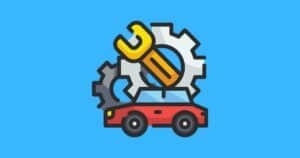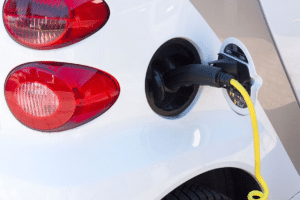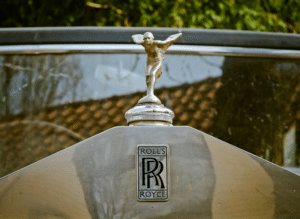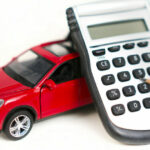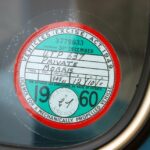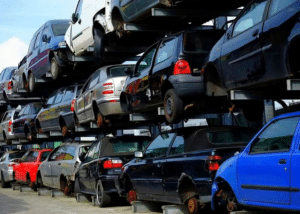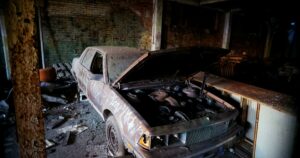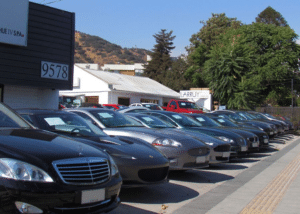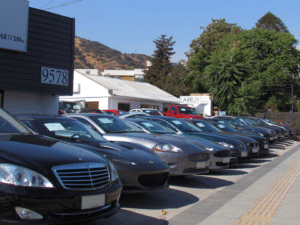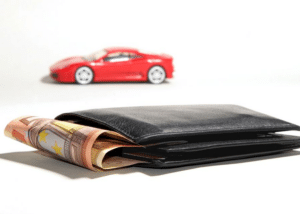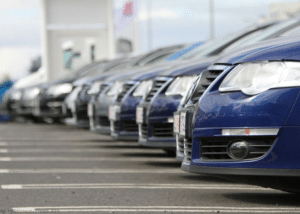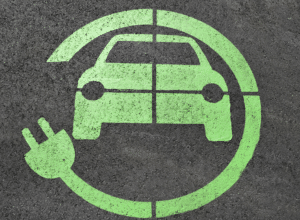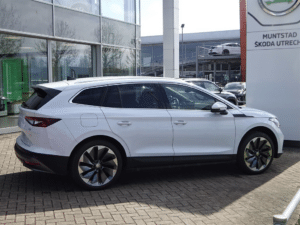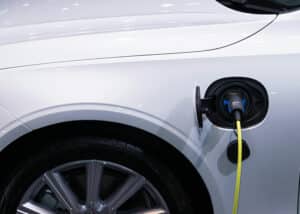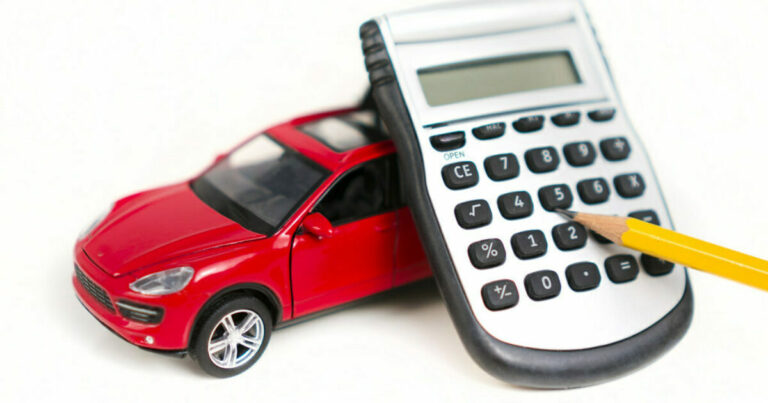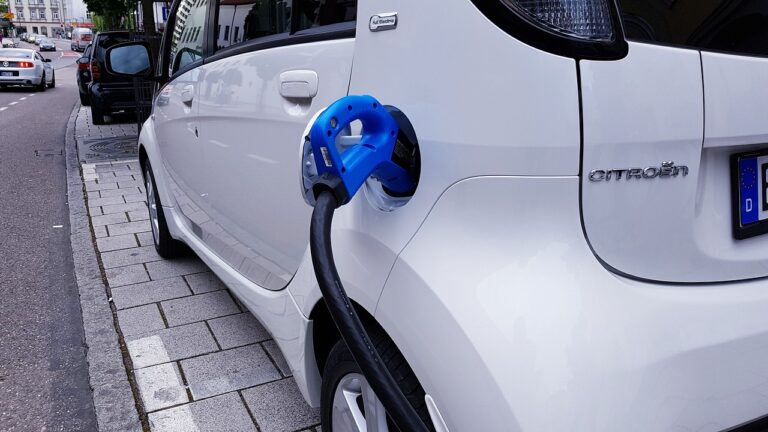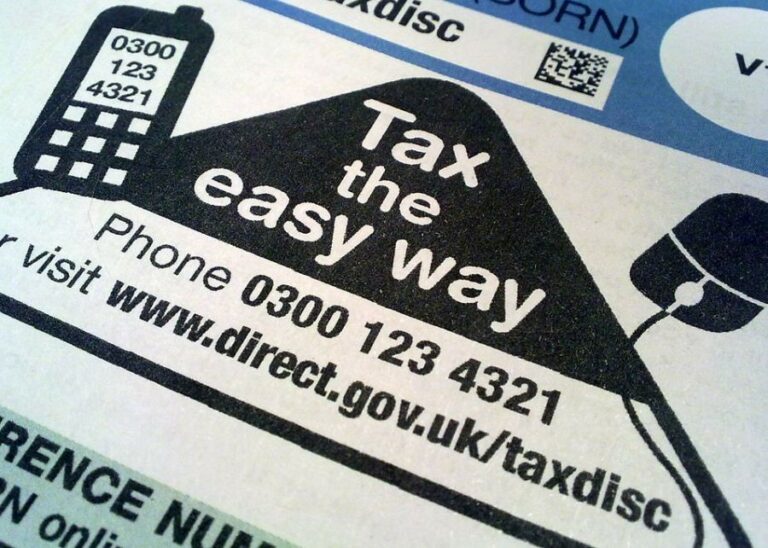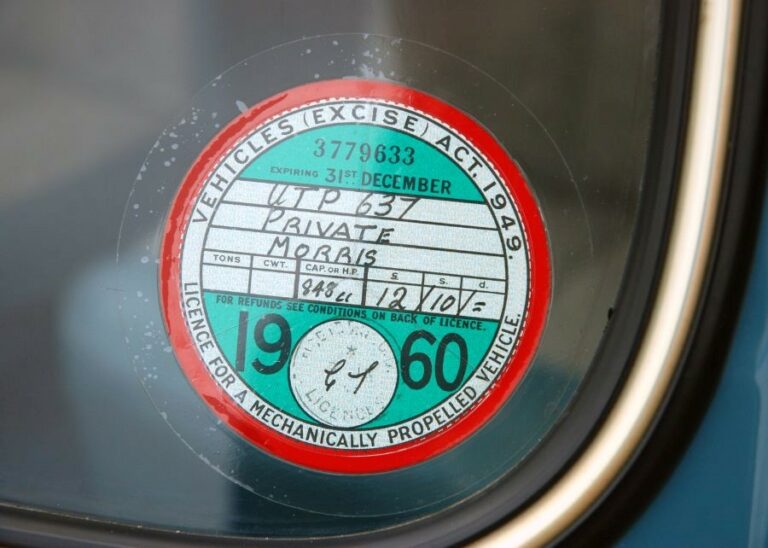Car Write Off – Everything You Need To Know
Having your car written off is one of the worst things that can happen to a driver, says ALA Insurance. If you’ve been involved in a car crash, you might be worrying about whether or not your car will survive or if it will be declared by your car insurance as a ‘write-off’. But what exactly does the term ‘write-off’ mean?
What is a write-off?
Insurance write-offs happen as a result of an accident involving your vehicle. The amount of damage to your car, will determine whether or not it’s a write-off.
An insurance write-off can happen in two ways:
- It’s damaged to the point that it’s no longer roadworthy
- The cost to repair the car is too great
The way that this works is that car insurance assessors will look at the four different types of write-off categories to determine the seriousness of the damage to your car; A, B S, and N.
Did you know that by placing a car that has had an accident into one of these categories, it helps people to know whether they can still buy and sell a type of written-off car? According to Check Car Details, provided that the car has been repaired properly, you should have no issues purchasing a Category S or N car.
Up until recently, the four categories were A, B, C, D, and the level of damage would decrease by category starting from A. However, following a review, the salvage code has been updated, says the RAC, Category C has now changed to Category S and Category D is now known as Category N.
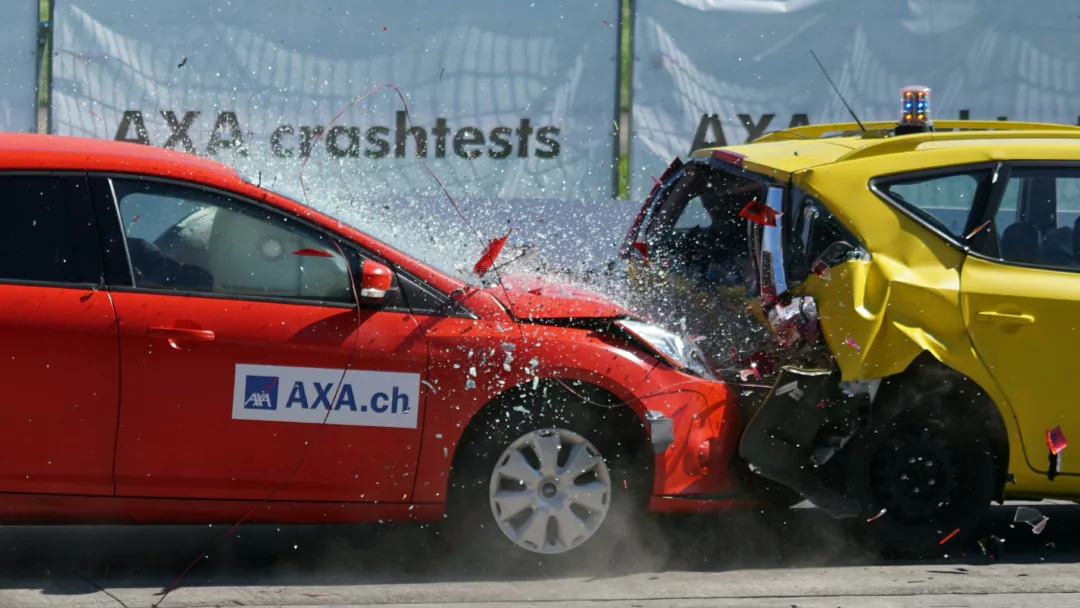
What are the different categories of car write-offs?
If your insurance provider decides your car is a write-off, it will fall into one of the following categories:
Category A
If you find out that your car has been placed into Category A, sadly this will mean that your car has to be crushed. None of its parts will be able to be removed and fitted elsewhere, which is a shame, but that’s just how it is. As devastating as this is, especially if some of your car parts are salvageable because you could have sold them, they do have to be destroyed, which limits the vehicle value to scrap metal only.
Category B
Things start to look up slightly if your car is deemed to be a Category B, compared to the above. Similar to a Category A, your car’s body shell would have to be crushed, but on the bright side, you would be able to salvage parts from it, so it’s not all bad. Although your vehicle would never be able to return back to the road, you can take parts from it, which you could use on other roadworthy cars.
Category S
Under Category S, this is where the repairs side of things comes in before it can be deemed safe to drive on the road. We’re talking structural damage, like the twisting or bending of your chassis or maybe a problem with one of the more vital parts. You do have the option for it to be scrapped as well.
Category N
Category N is what we currently refer to vehicles that have sustained some damage but not to their structural frame. If a car is placed within this category, this means that the insurance company that has handled the claim has deemed that repairing the car would have cost more than replacing it.
The main thing to note with Category S and Category N cars is that if you do choose to keep it, you’ll need to:
- Send the logbook to your insurance company
- Apply for a free duplicate logbook using a V62 form
- The DVLA will record the vehicle’s category in the log book.
The reason why this part is important is because if you were to sell your car, they would want to know if your car has ever sustained any damage, prior to them purchasing it.
How do I know if my car is a write-off?
If your car is a write-off, your insurance company will let you know. Ownership of your car will be transferred to your insurance company and you will be compensated. If it’s just classified as a write-off, then you’ll have the option to either purchase it or repair it yourself.
If it’s badly damaged, they may also take care of having it scrapped, so you don’t have to worry about a thing. The only thing your insurance company will need from you will be your V5C logbook. You’ll also need to let the DVLA know too that your car has been scrapped.
Car write-off on finance?
Most people tend to buy their vehicles on finance these days, but what happens if your car is on finance and it gets written off? Well, things can become a little less straightforward. The first thing to do is not to stress if your car has been written off and you still owe finance and to call your finance company as soon as possible.
One possibility is that it may be possible to use the money that you get from your insurance provider to buy another car and just keep paying off your car finance as you usually would. This might be a good option if your final payment from your insurer is lower than your outstanding debit to your finance company.
It’s a sticky situation, especially if you find yourself making payments on car finance, even though you no longer have the car. Either way, if your car is a write-off, you’re still going to have to pay back what you owe on your car finance.
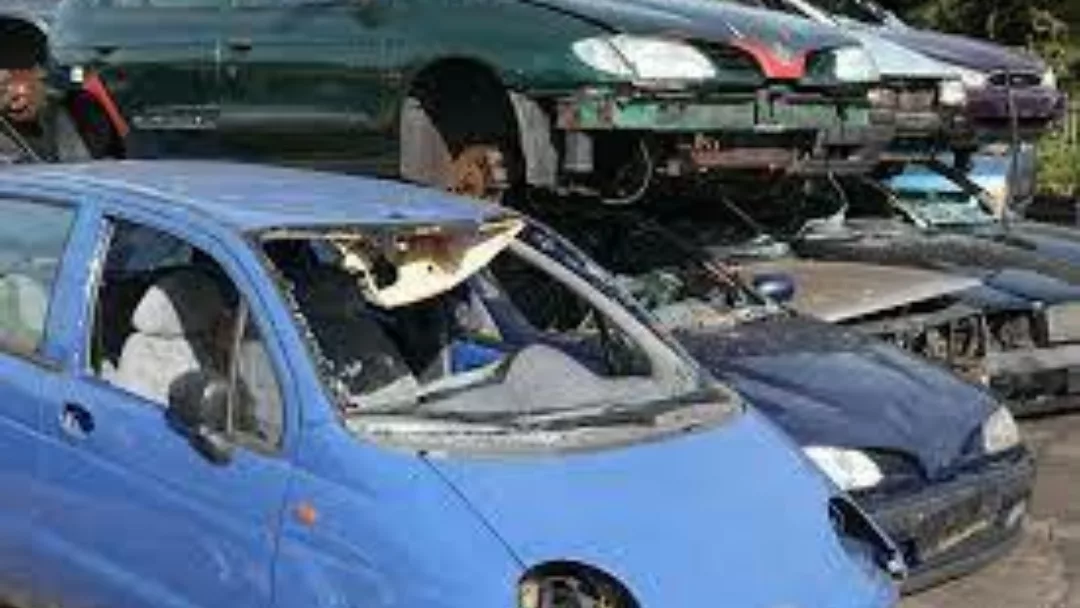
Is it safe to buy a Cat S or Cat N used car?
Believe it or not, but depending on the category of write-off, you can purchase parts of a car or buy the whole car with the aim of repairing it.
If a car is declared as a Category S or N, then this must be declared if it’s being sold by a dealer, according to Confused.com. Cars within these categories are sometimes easy to spot, if you know what you’re looking for, but you should always be careful and have a good check before buying a written-off car.
It could just be a door panel, a headlight fitting, or structural damage to the chassis or frame that was considered uneconomical by the insurance company, but this is sometimes all it can take.
It’s also worth noting too, that if you go ahead and buy a category write-off car and you repair it, some insurance companies won’t provide insurance for these vehicles or they might, but it may be more expensive.
How to sell your written-off car with Jamjar
You’ll be pleased to know that here at Jamjar we take the stress away from selling your written-off car. We’ve been helping car owners since 1997 to sell their vehicles, securely and hassle-free.
All we need is your vehicle registration number and you can find out how much your car is worth for free!
You don’t have to enter any of your personal information. We’ll give you a free no-obligation quote without having to enter your name, email or phone number! It doesn’t get much better than that.
Within seconds you’ll receive hundreds of valuations and you’ll be able to compare offers from hundreds of UK car buyers all wanting to buy your vehicle.
And the best part is that you get to choose the best deal for you. You’re in control from start to finish. Sell your written off car and bag yourself the best deal today.
Jamjar.com makes selling your car quick, easy, and hassle-free. By comparing offers from a trusted network of UK car buyers, you get the best price without the stress of negotiating or haggling. There are no hidden fees, no obligation to sell, and the entire process is 100% online. Whether your car is nearly new or well-used, Jamjar helps you sell it fast and for a fair price—saving you time and effort.

